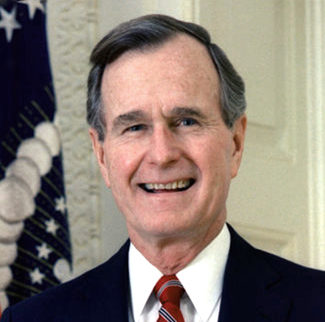New Challenges: Facing a Job Loss with 3 Rules to Live By
Since my last post, we’ve experienced some upheaval. My job for the last 3 years was eliminated (new director + new board = new priorities + restructuring).
While I am looking for a new job, I have been very busy. I am doing more volunteer work—including writing and editing materials for a state non-profit, recording radio ads for the same organization, and serving on the board of a national non-profit organization.
My husband and I have also become heavily involved in local community theater and we have performances this coming weekend. (Insert a nail-biting emoji here!)
Regarding the job loss: It is disappointing to serve an organization only to find that your work will be farmed out to a marketing firm but it’s the way things are in this day and age. Excellent writers, editors, and communications professionals are finding their skills in greater demand but for smaller companies and non-profits, it’s sometimes easier to hire a firm for specific projects. This is what happened to me.
When dealing with job loss, I think there are 3 important things to do and remember:
- Realize that sometimes there are things you could have done differently but that your job loss may not be about you. The issues may have been all on your employer’s side and there is nothing you could have done differently. Be kind afterward. Do NOT burn bridges– no matter how frustrated or angry you may be. Letting your anger/frustration show is ineffective, a waste of time, and can only hurt your and your former employer/fellow employees. Remember, you worked to help make them what they are and put them where they are. Don’t tear it down when you leave.
- Stick to a schedule afterward, get up at your normal time, and use the day to send out your résumé. Don’t be afraid to apply for jobs that are “below” your abilities. Prioritize looking for jobs that you would enjoy and that you can commit to doing.
- Move forward by utilizing your abilities in other areas such as volunteer work. I love volunteering for organizations that align with my beliefs. I spend my free time working on things that I enjoy doing and that are related to my talents. Volunteering does two things for me. First, it prevents me from doing “nothing” while waiting on the phone to ring after applying for jobs and, second, volunteering let’s me use my abilities and keep them sharp. I also have my own projects, such as my blog, that require me to understand WordPress, HTML code, and social media applications.
I hope this helps you if you are also facing job loss. It’s disheartening but it doesn’t have to be the end of the world.

Share this:
- Click to share on Facebook (Opens in new window) Facebook
- Click to share on X (Opens in new window) X
- Click to share on LinkedIn (Opens in new window) LinkedIn
- Click to share on Pinterest (Opens in new window) Pinterest
- Click to email a link to a friend (Opens in new window) Email
- Click to print (Opens in new window) Print



